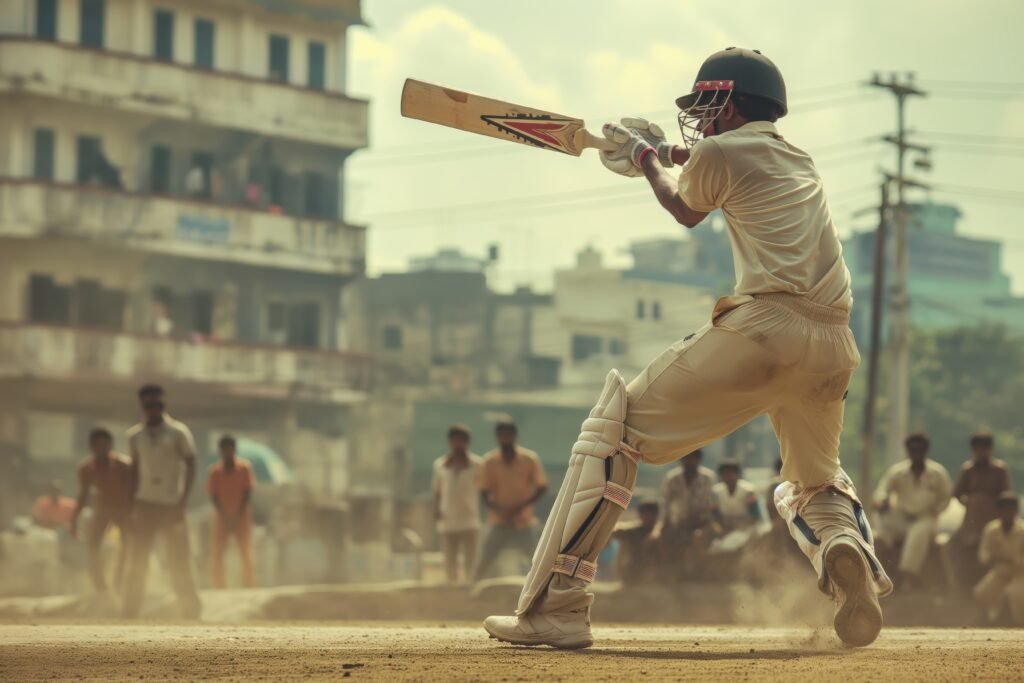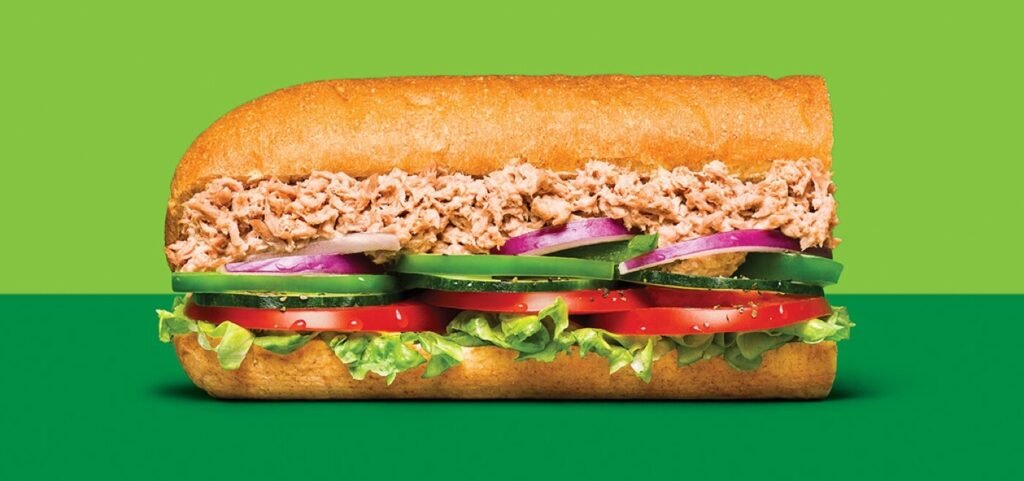Intro About Cricketers Live Without Food: Crickets are resilient animals they have been able to survive in various habitats. Naturally you may associate crickets with the noise that their wings make from trying break away during flight and of course pets love them too. This knowledge is for the benefit of pet owners as well as someone who understands crickets. Understanding of this is essential in being able to keep the cricket populations healthy and well. Cricket Physiology and Diet Cricket is an omnivorous insect.
they eat plant materials, fungi, as well as smaller insects. Their captive diet is usually commercial cricket feed as well as fresh fruits and vegetables. An adult cricket will need a more varied daily food than just bran flakes in order to provide nutrients required for its metabolism, growth and reproduction. Survival Without Food Crickets can survive without food for anywhere from a few days to several weeks depending on the cricket age healthiness and environmental conditions. A normal, adult cricket should be able to live about one to two weeks without food. Yet this era may be shorter for younger or unhealthier crickets.
Age plays a factor
Cricketers Live Without Food that are still maturing will need to be fed more often than adult-aged crickets. Starving to death can severely alter their arduous rate and developmental characteristics, which subsequently led to shorter life span.
Temperature And Humidity
Keeping crickets in suitable temperature and humidity play a role too as they will help them to stay longer without food. Therefore, it is important for a cricket to receive proper food and water because lack thereof may cause the crickets much stress which in turn decreases their survival capacity.
Nutrient Medium
They can live with no food but take the access to water terribly serious. Crickets will die of dehydration before they starve to death. For long-term fasting conditions, providing an everlasting source of fresh water or moisture rich food can lead crickets to survive without solid laws.
Implications for Cricket Care This knowledge can have implications on cricket husbandry and management because some people which breed or use crickets as feeder insects should know how well they may be able to survive. However, to keep crickets healthy you need a dependable food supply which ultimately supports the nutritional requirements of pet animals that eat it.
Healthier Health Counts: A stable diet of healthy food will ensure that the crickets are healthier and live longer which in turn makes them more suitable as feeder insects for reptiles birds, etc.
Review
Cricketers Live Without Food: Health inspection to ensure the well being of cricket populations is not affected, regular checks will help shampoo malnutrition or stress Knowledge of what crickets need to survive and in turn thrive allows those who raise them commercial on small or large scale to be more sustainable with fewer wasted resources. Conclusion While crickets are resilient creatures capable of enduring short term food deprivation, a well rounded diet and proper living conditions will help maintain their overall health. This way by using them either as feeder insects or for research purposes knowing how long crickets can go without food is vital to their survival and the balance of ecosystems they live in. Through proper care and stewardship, we can help the cricket population sustain itself on our land while providing great value to us all.



